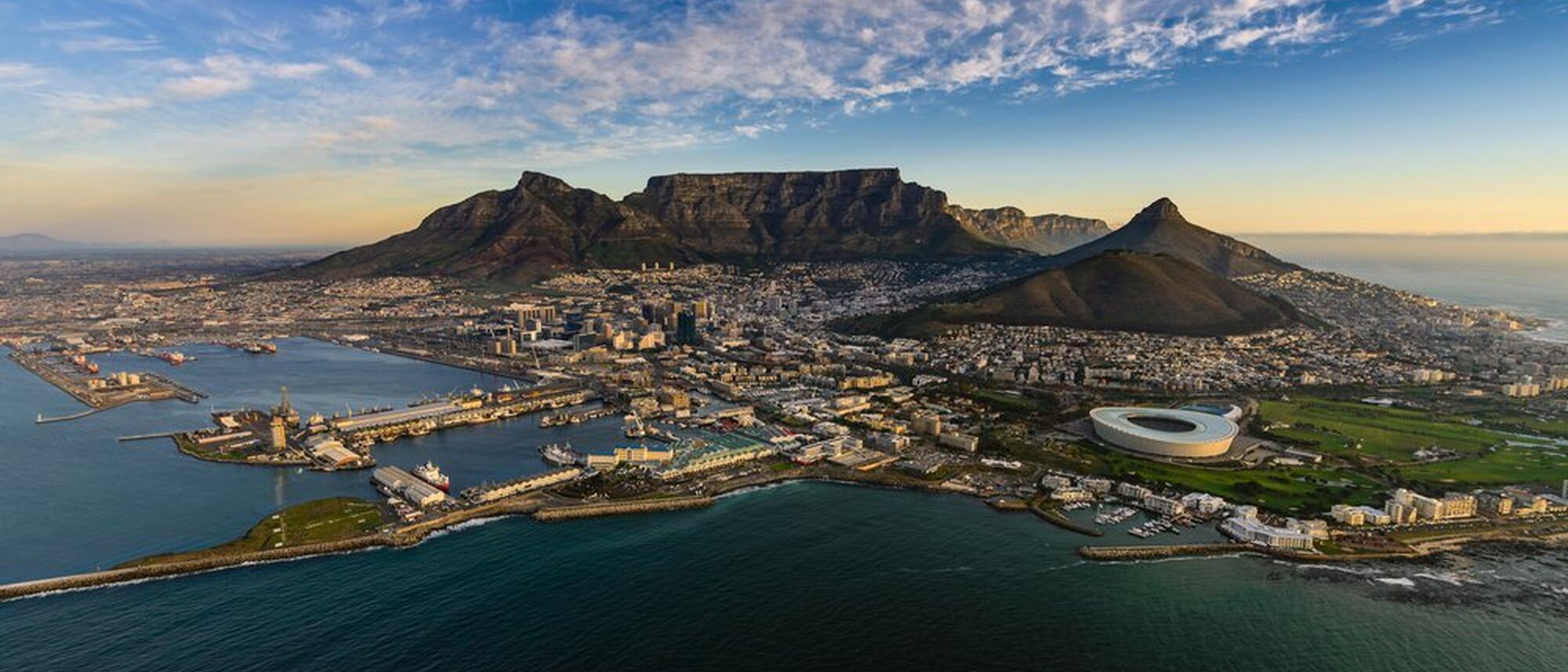Cape Town is ranked one of the world’s fastest-growing regions for foreign direct investment, according to the ‘African Tech Ecosystems of the Future 2021/22’ report from fDi Intelligence, a data division of the Financial Times group.
Eight countries from across the African continent, including South Africa (Cape Town), Nigeria (Lagos), Egypt (Cairo), Rwanda (Kigali), Kenya (Mombasa), Tunisia (Tunis), Tanzania (Dar es Salaam) and Zambia (Lusaka) submitted their entries and were judged according to their ability to actively sculpt their tech ecosystems with supportive regulation, funding and infrastructure.
South Africa came on top of the ranking, achieving not only first place overall, but first place for Economic Potential, Start-Up Status and Business Friendliness. In addition to receiving the largest number of foreign direct investment (FDI) projects in the software and IT services sector, South Africa also recorded the second-highest number of start-ups, after Nigeria.
Cape Town was awarded second place after Cairo for FDI strategy after displaying impressive initiative in creating the necessary infrastructure for a thriving tech ecosystem.
The Mother City prides itself on its tech start-up scene, crediting its vibrant coffee culture with helping the start-up ecosystem evolve. Over and above its start-up incubators, Cape Town also has a nationally funded ‘Innovation District’, which aims to build a strong technology innovation community.
Extending beyond Cape Town, the Western Cape boasts a robust tech ecosystem. The Cape Town - Stellenbosch corridor contains 450 tech firms employing more than 40 000 people, making the ecosystem bigger than Nairobi and Lagos combined.
Key government partners along with private sector tech enablers launched the “Cape Town Tech Capital of Africa” brand to cement the growth of the tech sector in Cape Town and the Western Cape. This will be achieved through creating an enabling environment for technology companies from across the continent to open business locally, access clients, funding and institutional support.
Head of the InvestSA One Stop Shop Western Cape, Salman Kajie, welcomed the news saying: “This in an important achievement for our destination as a lot of work has been put into making Cape Town and the Western Cape the leading tech ecosystem on the continent. With the InvestSA One Stop Shop Western Cape, we’ve been working hard to reduce red tape for foreign investments to respond more effectively to a digitising economy.”
Other key aspects that make Cape Town the Tech Capital of Africa include:
- Tech start-ups: At the end of 2020, there were 550 tech companies and over 40,000 people employed in the Tech sector, in Cape Town.
- Investments: In 2020, a total of $88m disclosed investments were injected into tech start-ups in Cape Town across 46 deals, the highest investments made in South Africa.
- Venture capital firms: the Western Cape has the highest number of venture capital firms, which makes it easy for startup’s to access funding.
- Co-working spaces: The Western Cape has over 30 co-working spaces, the highest in Africa and 715 free WiFi spots in Cape Town alone.
- Developer talent: Cape Town hosts 38% of the total developers in South Africa, the highest concentration of developers in the country.
- Coffee culture: Cape Town boasts a deep and diverse coffee culture across 100’s of stylish outlets.
- EdTech Hub of Africa: Cape Town has a high density of digital skills training academies and is the location of choice for EdTech businesses that are building content for entities and educational institutions across the globe.
- Home to four world-class universities: The University of Cape Town retained its spot as Africa’s top university, with Stellenbosch University ranked the 3rd best University in the 2021 Times Higher Education (THE) World University Rankings. Students from across the globe come to study in Cape Town, with many being attracted into the growing tech ecosystem.
- Ease of doing business: According to the latest World Bank research report on Doing Business in South Africa, Cape Town ranked the top metropolitan municipality in the country when it comes to the ease of doing business.
Cape Town also boasts a number of successful start-ups that showcase the diversity of business emerging in the sector, including Aerobotics, a drone enabled data analytics company assisting farmers to gain deeper insights on their yields and land usage, and Jumo, a business that helps facilitate digital financial services such as credit and savings in emerging markets. Others are Yoco, a point-of-sale payment provider for small businesses, and Sweepsouth, a business that is formalising employment in the informal sector, and many others.
In response to the ranking, Western Cape Minister of Finance and Economic Opportunities, David Maynier, said: "The fDi Intelligence report ranking is a confidence boost for the digital and technology sector and proof that the efforts being made by the Western Cape Government, along with our partners at the City of Cape Town and Wesgro, are achieving the desired result. Attracting foreign direct investment to support job creation is key to our economic recovery in the Western Cape. We’re immensely proud to be ranked in the internationally acclaimed ‘African Tech Ecosystems of the Future 2021/22’ report, helping us create further awareness that Cape Town and the Western Cape as Africa’s tech capital."
“It’s encouraging to see Cape Town being recognised as the tech capital of Africa. In particular, the improvements in technological infrastructure, enhancement of financial markets and education across the province, and the growing interest from private investors are an exciting signal of the region’s commitment to support start-ups,” concluded Wesgro CEO, Tim Harris.
